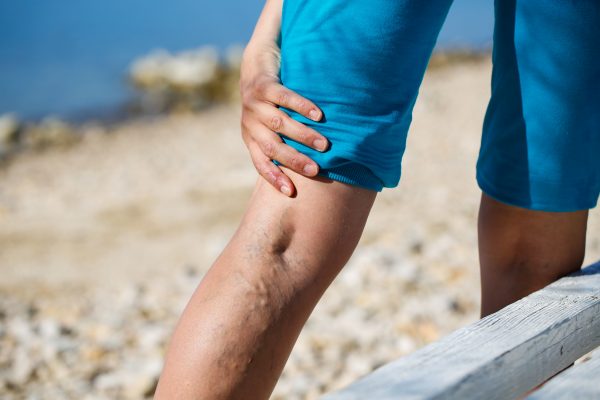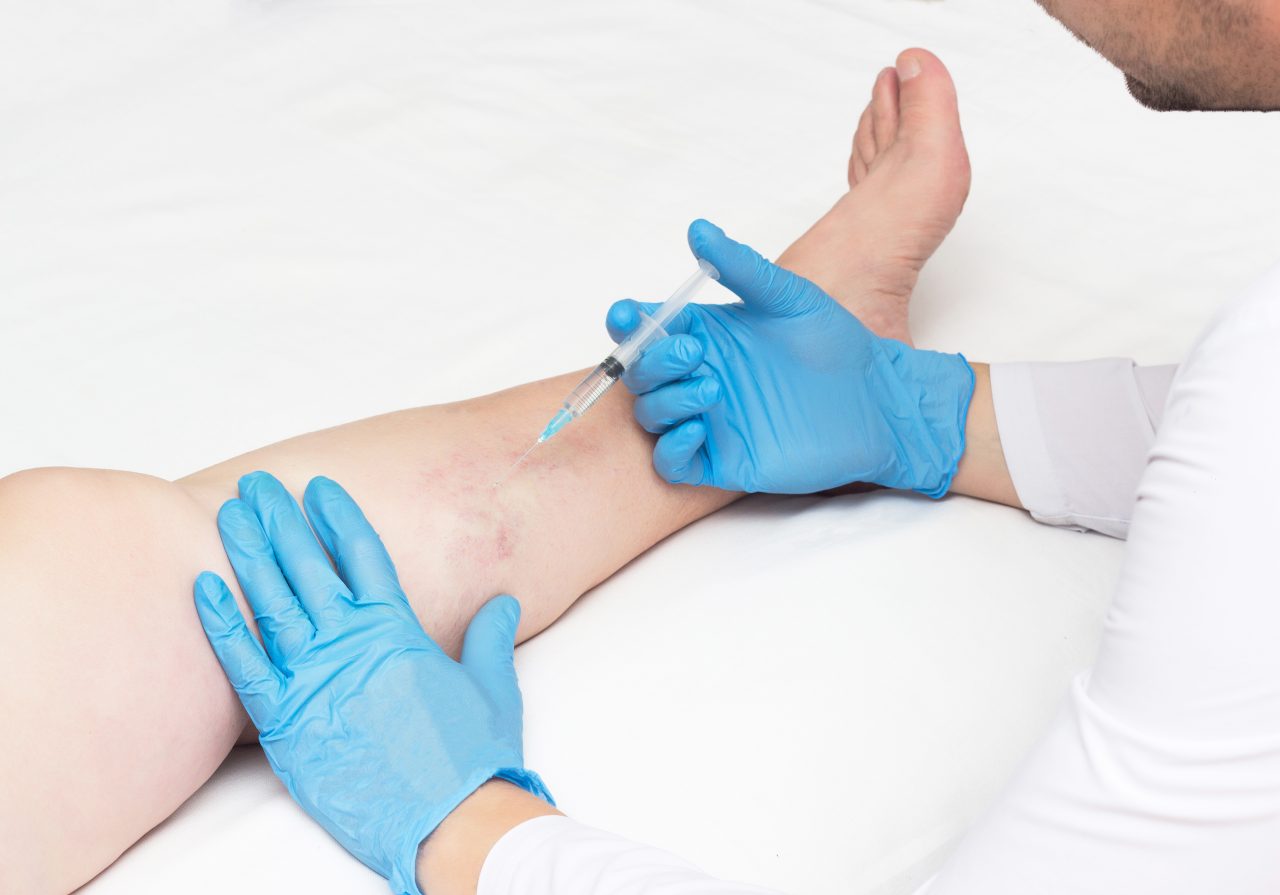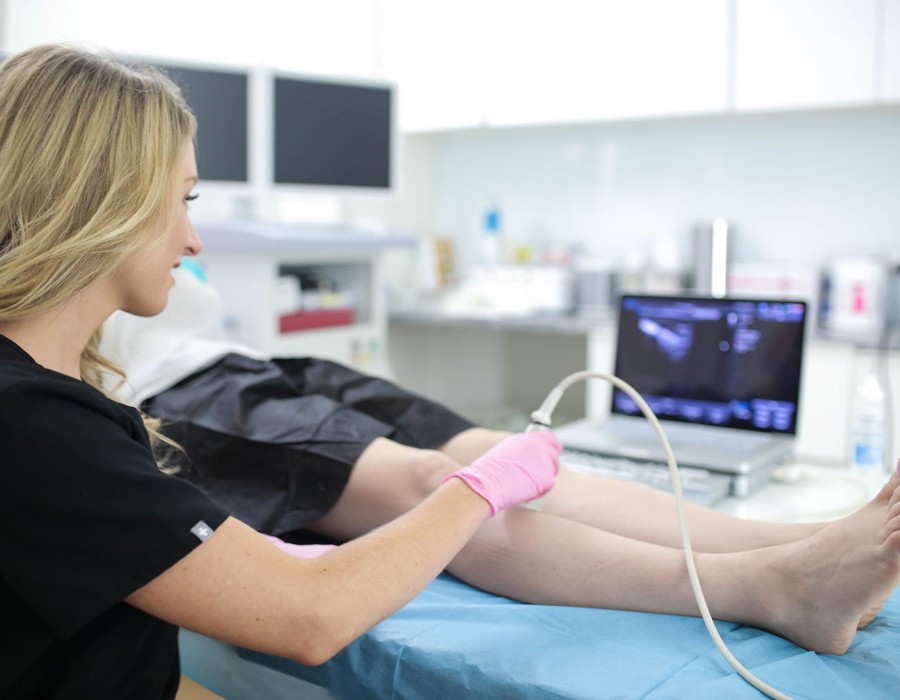Introduction
The main reason for causing varicose veins is weakened walls that don't let blood flow to the heart. Genetics. Aging, excessive weight, injuries or blood clots, and hormonal imbalances are common causes of happening varicose veins. Let's shed some light on what vein centers do.
What is a Vein Center?
A vein clinic is a covered room where vein specialist staff are available to provide the healthcare facility with the intent to cure varicose veins. Healthcare experts specialized in phlebology, vascular surgery, and cardiology have hands-on experience in diagnosing and treating different types of vein diseases, including blood clots, deep vein thrombosis (DVT), superficial thrombophlebitis, chronic venous insufficiency, varicose and spider veins.
Varicose vein experts conduct several office operations that help individuals improve their appearance, reduce the risk of complications, and relieve discomfort.

How To Determine Which Varicose Vein Treatment is Right For Me?
For the right line of treatment, you must consult with your healthcare provider and ask them which is the best choice (me) among available treatment options. You need to consider some things while making an informed decision. Some of them are:
- Your age and how fit you are
- Symptoms if any
- Shared your goals and opinion regarding overall appearance and look
- If you have any doubts related to the treatment surgery procedure, you can ask your healthcare without hesitations
- Severity of your varicose veins
Procedure for treating varicose veins are categorized into two that are:-
- Close the vein permanently
- Removing all veins one at a time
What Causes Varicose Veins?
Varicose veins are usually caused by weakened vein walls and valves. There are microscopic one-way valves inside your veins that open to let blood through and seal to stop it from going backward. It happens because the veins get stretched and lose their elasticity, which causes twisted, enlarged or heavy and weakening varicose veins.
When the valves do not work correctly, this can stop passing blood to the heart. This is why the blood collects in your veins, which become enlarged and twisted.
- Don't sit or stand in one place for long hours
- Get your body to move as much as possible in a daily routine that keeps muscles active and stimulates blood flow.
- Elevate your legs when you sit it passes blood flow back to the heart
- Avoid sitting in cross legs

How is Venous Disease Diagnosed?
Healthcare professionals examine you by asking for your medical and family history. They ask you to perform functions like standing or walking and how much this affects your daily activities.
What type of doctor treats varicose veins? A phlebologist or a vascular surgeon is an expert and experienced in treating varicose veins disease. They are responsible for diagnosing and treating vein issues. They recommend treatment after viewing the patient's condition.
What tests does Your doctor ask you to perform to determine the venous disease?
Some imaging tests your doctor recommends you perform include intravascular ultrasound (IVUS), ultrasound, ankle-brachial index (ABI), computed tomography (CT), magnetic resonance imaging (MRI), and angiogram.
Wrapping It Up
In this post, we've covered the basic understanding of varicose veins that help you in making informed and smart decisions. This is a matter of health, so take it seriously. If any symptoms or signs are not showing to you but persistent with pain, itching, and discomfort. It is better to take advice from a healthcare professional.






Comments